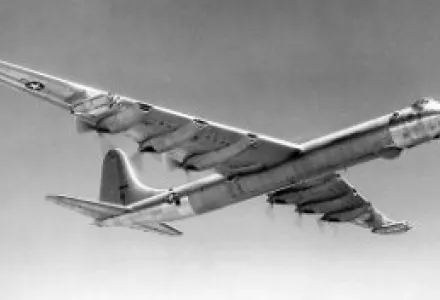American Grand Strategy and the Nuclear Revolution
Nuclear non- and counter-proliferation has been a far more important and consistent drivers of U.S. grand strategy than has been recognized in the scholarly literature. When it has been discussed, the motives and driving forces behind American nuclear non-proliferation policies have often been misunderstood. Why have scholars missed “America’s Strategies of Inhibition”? What are the implications for our understanding of the history of U.S. grand strategy that recognizes the priority the United States has placed on limiting the spread of nuclear weapons, and mitigating its consequences when it occurs?
Coffee and tea will be provided - all are welcome, join us!

